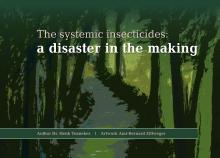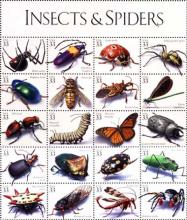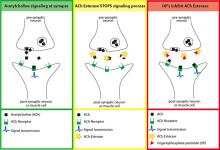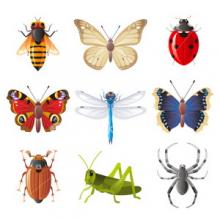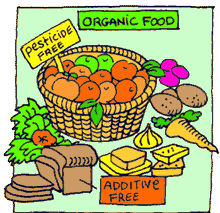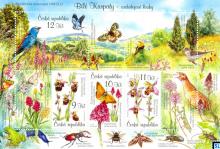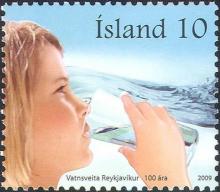Schouten wil kringlooplandbouw in 2030 rond hebben
Landbouwminister Carola Schouten wil de omslag van de landbouw naar kringlooplandbouw in 2030 gerealiseerd hebben. Dat blijkt uit haar brief aan de Tweede Kamer over de uitvoering van de LNV-visie ‘Waardevol en Verbonden.’ Schouten zal in mei een Realisatieplan presenteren met concrete maatregelen voor de transitie van de landbouw. De doelen die hierin worden opgenomen, moeten in 2030 uitgevoerd zijn, schrijft Schouten.


